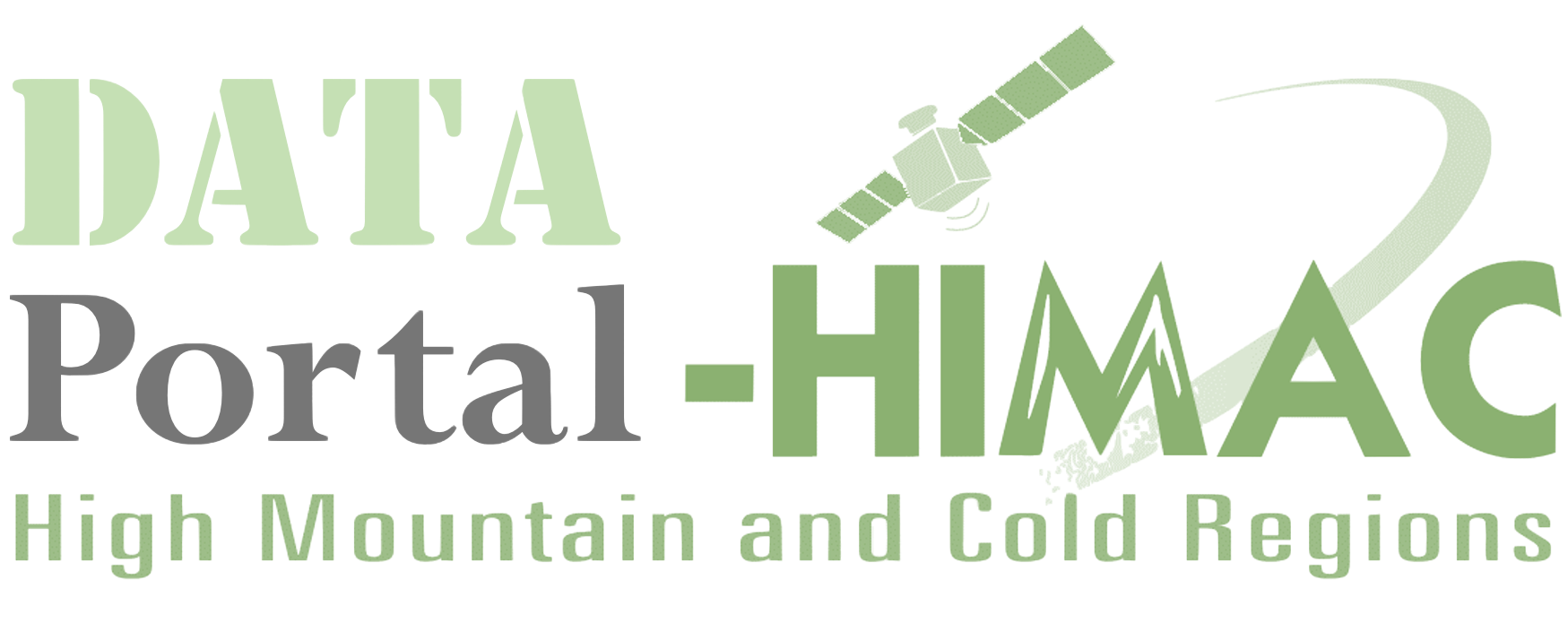ATADD contains national and international documents relating to Antarctic law and policy. It is based on documents collected by international lawyer, Bill Bush. Between 1982 and 2003, many of the documents were published by Oceana in: W M Bush, Antarctic and International Law: A Collection of Inter-State and National Documents. These eight volumes are a cornerstone of research into Antarctic law. They brought together otherwise dispersed documents and were supplemented by comprehensive cross-referencing and expert annotations that explain the documents’ significance and historical context.
By making the full collection accessible, ATADD is much greater in scope than the items published by Oceana. It includes documents from over 30 countries in several languages. There are currently over 4600 database entries, but the quantity of individual documents included far exceeds that number and there are over 75,000 scanned pages. ATADD complements existing Antarctic document sources which include the collections at the Antarctic Treaty Secretariat and the Commission for the Conservation of Antarctic Marine Living Resources, various national archives, and other research institutions. A grant by the Australian Research Council (ARC) made possible the digitisation of the collection under the ARC Linkage Infrastructure, Equipment and Facilities funding scheme. The Bush volumes, long out of print, are included in ATADD by permission of Oxford University Press, USA.
